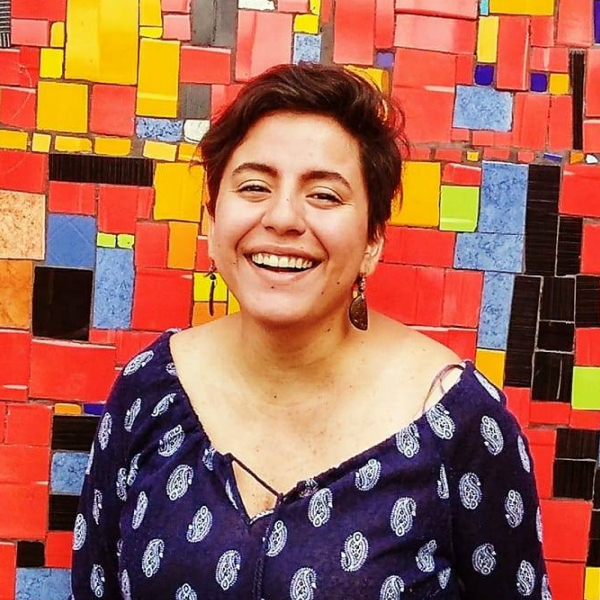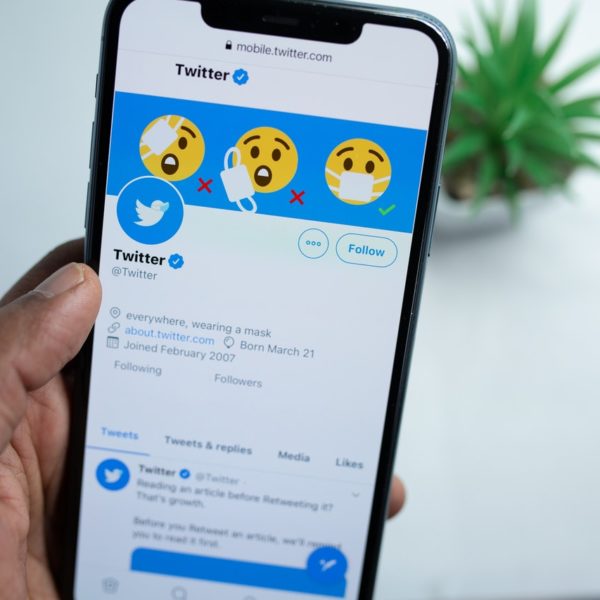Fighting Disinformation with Matt Stempeck
Words by Mar Marín • Jun 22 2022
If you have been here for a while, Matt Stempeck is definitely a name that rings a bell. If you are a newbie like me, while you try to uncover the amazing world of civic tech, this is a name that you will encounter everywhere.
He is the creator and curator of the Civic Tech Field Guide, a catalog of over 5,000 tech-for-good tools, and recently joined Cornell University as a technologist in residence to contribute to its growing body of public-interest tech programs.
We’re extremely excited to welcome him as Code for All’s Research Consultant for this Disinformation Project conducted with the financial support of the National Democratic Institute (NDI) to find out how civic tech groups specifically help confront the issue of disinformation.
Here’s a bit about his background, a sneak peek into his role researching civic tech’s fight against disinformation, and highlights of what he is most excited about in this role.
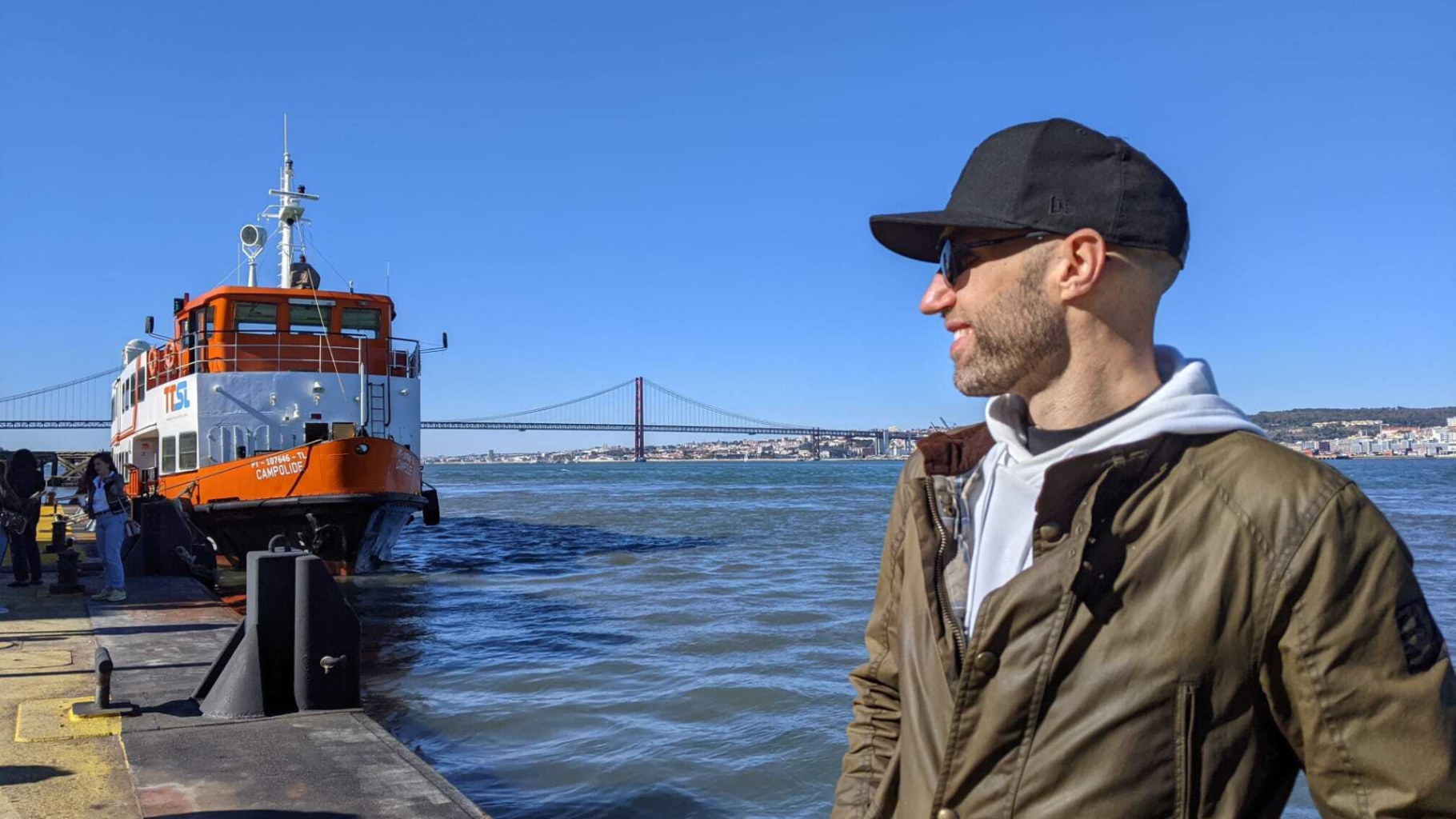
1. Tell us a little bit about yourself.
I’m an American who lives between Berlin and Lisbon. I’m generally trying to use technology to help fight for our democracies and create change in the world, like many in the Code for All Network. I’ve been doing that since 2006. It’s a long time and I’ve been doing that work across sectors. Sometimes I worked for corporations like Microsoft when I was in New York City for four years; other times it’s in university settings, like the MIT Center for Civic Media, where I studied much of this work.
My background is with nonprofits, social change movements, political and issue campaigns, and online campaigns. So I guess I’m kind of all over the place, but always using technology to create change in the world.
2. How did you become involved with the civic tech arena?
It began a long time ago when I was in university. I have always been interested in politics and government for the purpose of social change. On the other hand, I have been interested in technology. Back then, my university didn’t have any courses related to these topics —by the way, I’m really jealous that there are courses now!
When I graduated, I wrote my thesis about how political blogs and participatory media were changing journalism and letting more people be heard. After my graduation, I got my first job at a company called Echo & Co where we were looking at revolutionizing politics in the United States (US) by using the Internet, inviting small donors to be part of it —not just big donors— and having meetups with hundreds of thousands of people organized online. We really took a lot of those lessons and then began trying to help other social good startup campaigns, mainly in Washington DC, using the Internet to kind of achieve their missions. So that was sort of my introduction.
So, right off the bat, my first job really was applying tech for social change and public interest. And then over the years, I got to explore more aspects of that, like non-US global context and looking at the role of journalism and media and culture because I realized the limits of political change when the political system is not working. The civic tech concept didn’t come along until later.
My first engagement with civic tech was at the Center for Civic Media, which looked at how communities are using technology. And then after I graduated, Microsoft was creating a team that explicitly focused on civic tech in the US around how cities build and use technology. It was interesting to see Microsoft as a major public sector technology provider that wanted to have those relationships and participate in that community.
I had colleagues in other major US cities basically just participating in the civic tech communities, funding some things, and doing some partnerships. I was also pushing for the more civic tech inside of Microsoft products because I think the scale of having a billion users is pretty exciting in terms of impact. That was my real deep dive into civic tech.
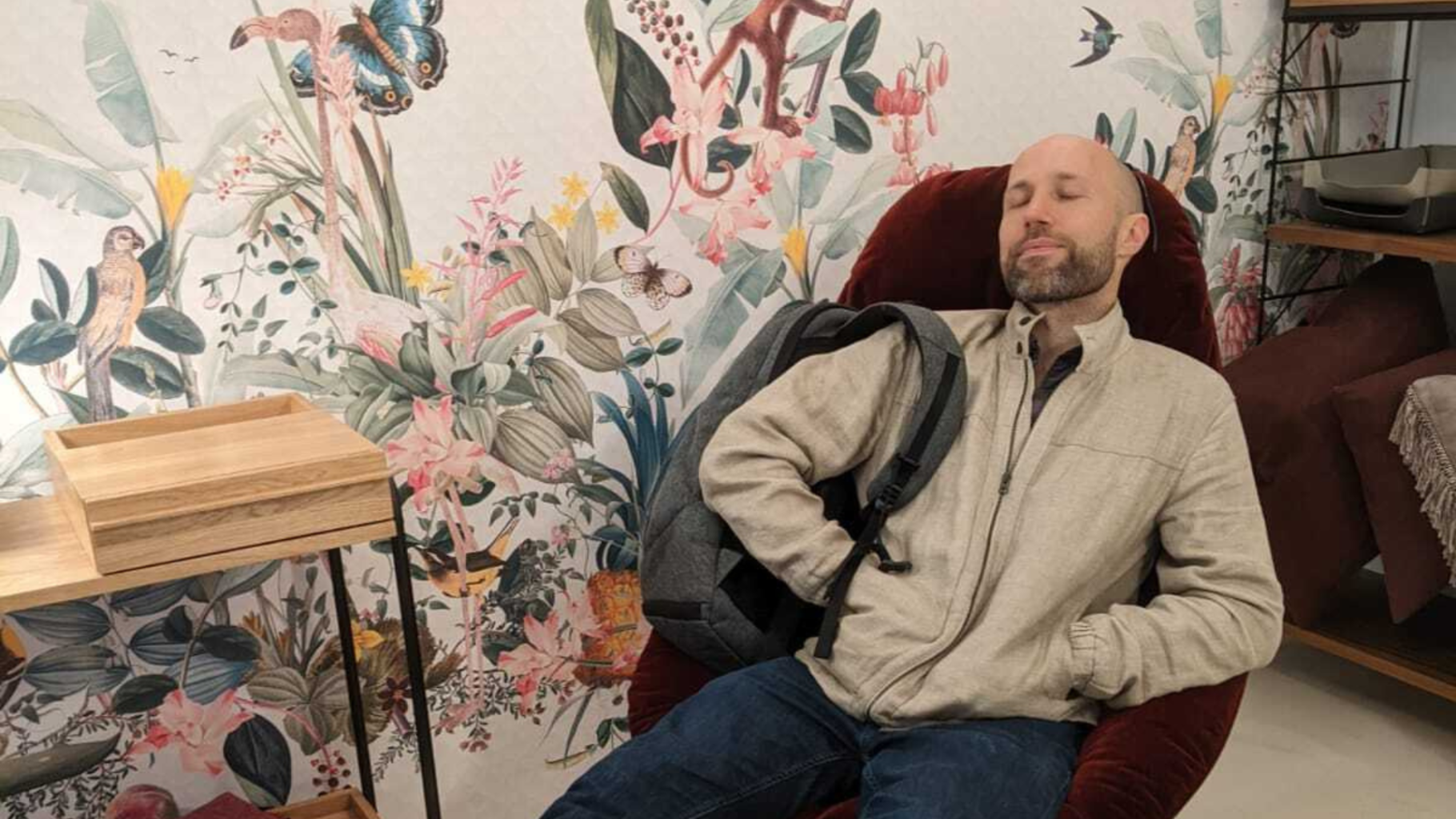
3. How did you hear about Code for All?
I first heard of it back when I was just participating with Code for America and I believe back then it was Catherine Bracey setting up the first three kinds of chapters, or maybe interlinking the first three chapters with Germany and Jamaica.
For as long as I remember, Code for All has been an incredible resource for me to connect around what’s happening, but also bring more attention to efforts that aren’t just based in the US and Europe.
My background has definitely been in the US, and now in Europe. So, for me, while curating the Civic Tech Field Guide, I’ve always thought it is really important to follow what’s happening everywhere and learn what’s happening around the world. That’s why Code for All has been super helpful as a Network for me on different research projects to connect with people doing amazing work.
For example, I joined People Powered on a research project last year working on a Guide to Digital Participation Platforms that local governments might use to engage people in their area. And between the Code for All Network and People Powered, I was able to look at China, India, and lots of places around the world that aren’t always on the radar of people in the US and Europe. The research and the examples were a lot better because we were able to leverage the international community of grassroots organizations. You can read more about it here.
I kind of just hang out in Code for All’s Slack and lurk and try to contribute back to the space.
4. Can you tell us about the work you’re doing and what you’re most excited about in this new role?
This is really exciting. In a nutshell, the job is to figure out how tech groups specifically help confront disinformation.
We all know that digital disinformation is growing into a major problem and that it’s eroding our democracies and our civil society around the world.
We want to focus specifically on civic tech and what we can learn from the cultural network of organizations that have been already working on this, and what lessons we can take from them to share out with everyone.
For example, Code for Africa has a number of different disinformation-fighting projects and I’m excited to talk with them and learn. Some groups also take inspiration from other civic tech groups around the world in terms of figuring out what they can do to confront disinformation and what works and what’s effective.
I come from a nonprofit background and I’m used to having pretty limited resources to do this work. So the more we can learn from each other and start with what works, rather than waste time and limited granted funds on something that doesn’t work, the better. My goal is just to go out and talk with Code for All and NDI’s Network, which is considerable scope. They have different working groups around the world working on misinformation.
I want this research to be pretty practical and useful for space. Rather than write something theoretical, I want to quickly share what I’m learning and also make introductions to people and sort of build more of that connection as I go if there are relevant introductions to be made.
5. What small actions can civic techies and newbies do to help fight disinformation?
That’s a great question. The member organizations, I would say, are the best resource to start with if you’re a newbie. The reason I work to keep a civic tech field guide going is to help people find examples of work that’s already been done and join in existing efforts and drive usage of the existing tools. If you want to fork or improve something, that’s great, but I think the main thing people should do is see what’s already happening because it’s unlikely that someone new to this space is going to just magically build something effective the first time.
There’s a lot we can learn from existing work, and it’s really easy to plug in with these different groups because they’re all around the world. So you could find a group in your area or you can use the field guide and find a project that you’re excited about. You know, whether it’s open-source code on GitHub or a meet-up, people are getting together in person. I think joining existing efforts is a great way to get started.
6. This next one is a side step from civic tech — what do you enjoy doing in your spare time? What are a few of your favorite things?
I do a lot of yoga and bike riding, especially when the sun is out. And then, I will watch a lot of streaming TV. Yeah. I catch up with friends and there’s overlap there with civic tech because I’ve got great friends from different conferences around the world.
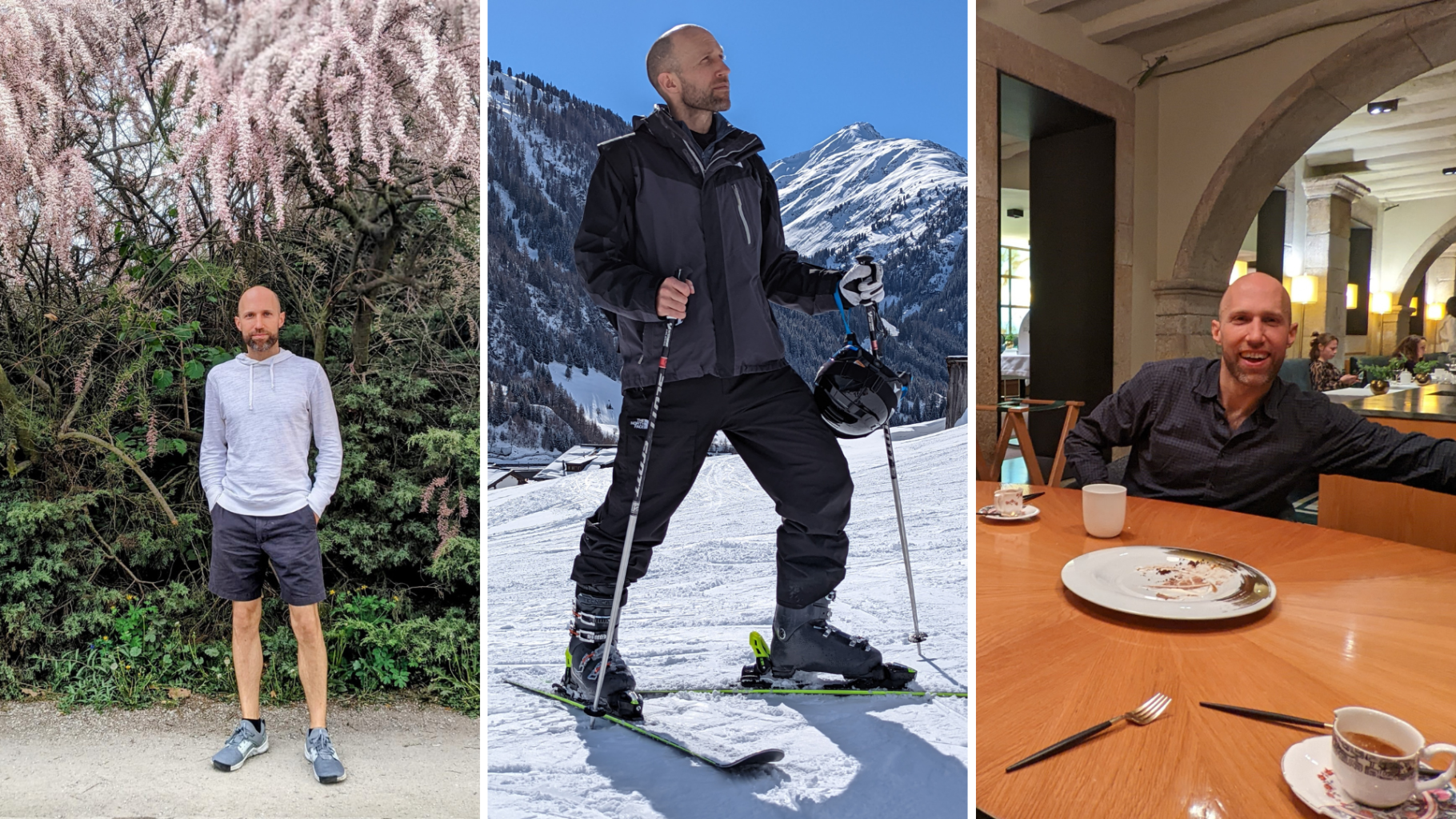
7. Is there anything else you’d like to share?
I’m excited that NDI is an active partner in this research because they’ve done a lot in this space already and they’ve got amazing networks around the world that will definitely benefit this research.
The other thing to add is that I built a misinformation fighting tool called LazyTruth in 2012. We basically pulled together all the different fact checks that were out there and helped people. When someone got an email forwarded to them that was full of disinformation, they could just click one button in their inbox and get the existing debunk.
What I’ve been surprised by, especially since 2016 when this became a big funded space, is that people aren’t always learning the lessons that we already know about the problem. For example, sometimes a disinformation campaign is not actually to convince everyone of some lie but to get everyone to talk about this lie and to shift society’s conversation around this lie. That’s the real goal. And sometimes fact-checking groups and other groups end up repeating these lies and driving more conversation and pushing their messages into society.
We need to be really careful to focus on what’s proven to work and not just do the obvious thing, which sometimes seems easy but doesn’t have much impact.
Interested in participating?
Matt Stempeck, the National Democratic Institute, and Code for All are currently working on a research project on how civic tech can help confront disinformation. The project’s goal is to learn from (and share out!) lessons learned from organizations that focus on this area.
Do you have any recent work confronting digital (or other) disinformation? If so, please reach out to Matt at info@civictech.guide to learn more about it and participate!
